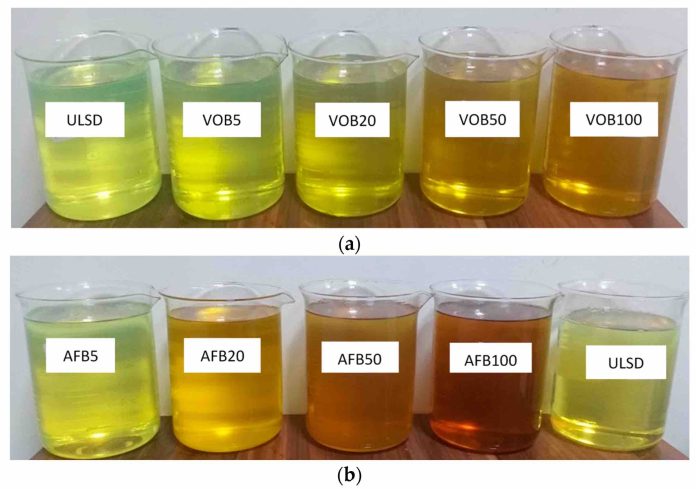As the global community intensifies efforts to reduce greenhouse gas emissions and explore sustainable transportation solutions, researchers at the University of Houston (UH) are advocating for hydrogen fuel as a viable, cost-competitive, and environmentally friendly alternative to traditional liquid fuels. Their white paper, titled “Competitive Pricing of Hydrogen as an Economic Alternative to Gasoline and Diesel for the Houston Transportation Sector,” specifically explores the potential of hydrogen-powered fuel cell electric vehicles (FCEVs) to significantly mitigate greenhouse gas emissions in the transportation sector.
The researchers highlight that over 230 million metric tons of carbon dioxide are emitted annually by the transportation sector in Texas, emphasizing the urgent need for cleaner alternatives. Unlike traditional liquid fuels such as gasoline and diesel, hydrogen fuel offers a compelling solution due to its zero-emission profile and rapid refueling capability. Fuel cell electric vehicles, powered by hydrogen, present an efficient and environmentally responsible alternative for reducing harmful emissions.
Houston, with its considerable number of registered vehicles and existing infrastructure, emerges as an ideal location for transitioning from traditional vehicles to hydrogen-powered ones. The city boasts ample water resources and established commercial filtering systems necessary for hydrogen generation. Additionally, the presence of a natural gas pipeline infrastructure enhances the cost-effectiveness of hydrogen production and supply in Houston.
The study evaluates three hydrogen generation processes—steam methane reforming (SMR), SMR with carbon capture (SMRCC), and electrolysis using grid electricity and water. Cost estimates for these pathways are derived using the National Renewable Energy Laboratory’s H2A tools, while the Hydrogen Delivery Scenario Analysis Model from Argonne National Laboratory aids in generating delivery models and associated costs.
A crucial finding from the research is the cost comparison between grid hydrogen and SMRCC hydrogen. Without tax credit incentives, SMRCC hydrogen can be supplied at a lower cost of $6.10 per kg hydrogen at the pump, establishing its competitiveness as a fuel source.
The co-authors of the paper, including Christine Ehlig-Economides, Paulo Liu, and Alexander Economides, emphasize the transformative potential of hydrogen in the transportation sector. They argue that the findings of the study indicate hydrogen’s viability as a cost-competitive and environmentally responsible choice for consumers, businesses, and policymakers in the greater Houston area. As the world seeks innovative solutions to address environmental challenges, hydrogen fuel emerges as a promising candidate for revolutionizing the transportation landscape, particularly in regions with favorable conditions such as Houston.















